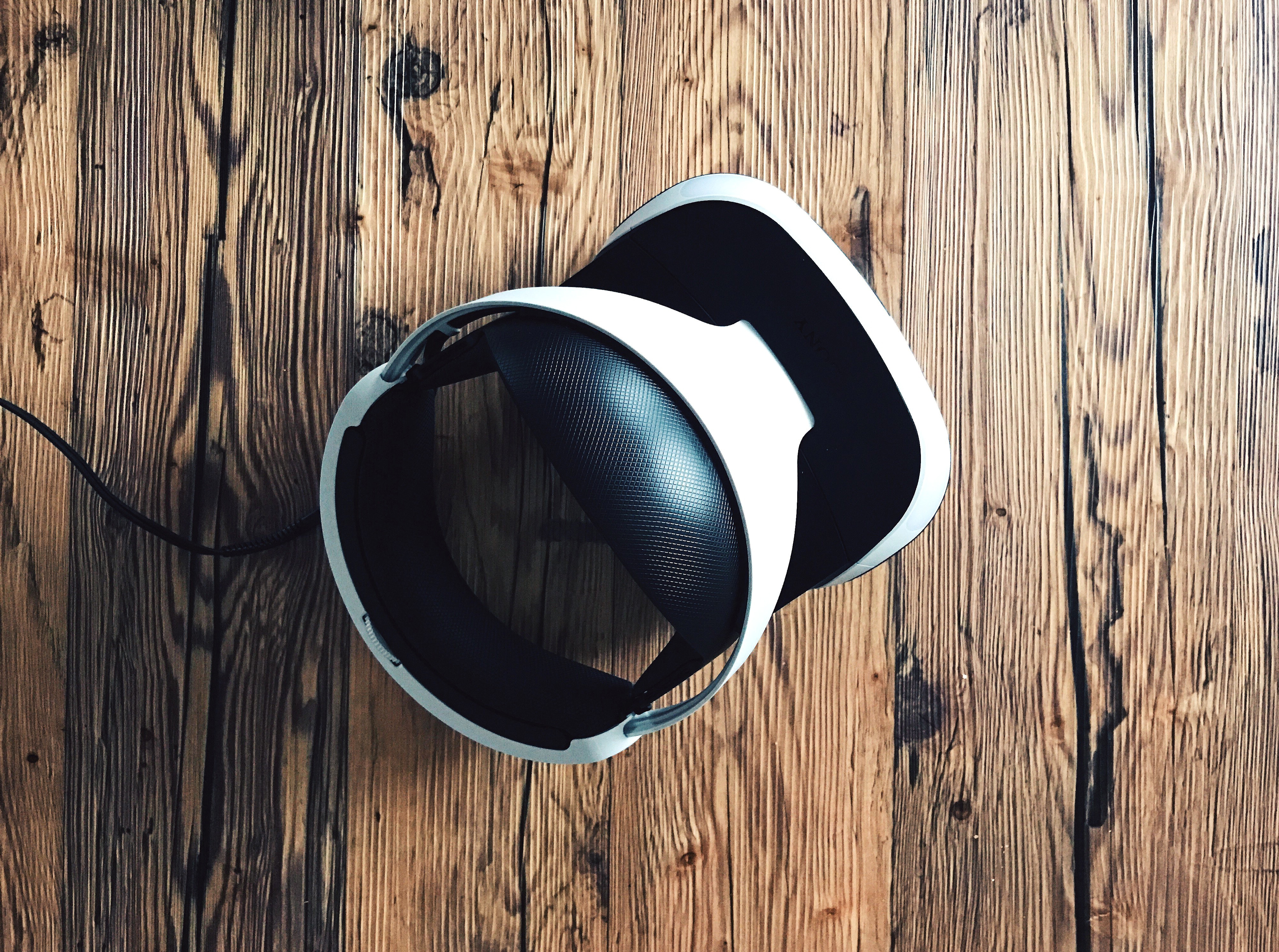Nearly all sectors will have felt some impact from the Covid-19 pandemic, some more acutely than others.
The virtual reality industry is in a relatively strong position because it offers users certain inherent advantages in these altered circumstances.
Against a backdrop of forced change, virtual reality's ongoing evolution is revolutionising various areas of business.
But what does the post-pandemic future hold for the VR industry?

The Next Platform for Change
Before the coronavirus outbreak, a PwC study estimated that VR training would contribute $294 billion to the global economy by 2030. The pandemic will have upset a lot of predictions, but VR is unlikely to suffer a hugely detrimental impact from lockdown and its aftermath. Why? Because it is an enabling technology that does not depend on face-to-face contact to deliver value to its users. As a training tool, VR continues to make significant inroads in health and safety and maintenance simulation training. The widespread adoption of remote working, and working from home, is likely to accelerate this trend. Businesses and organisations are using VR to drive behavioural change, embedding new behaviours through immersive training experiences.



















